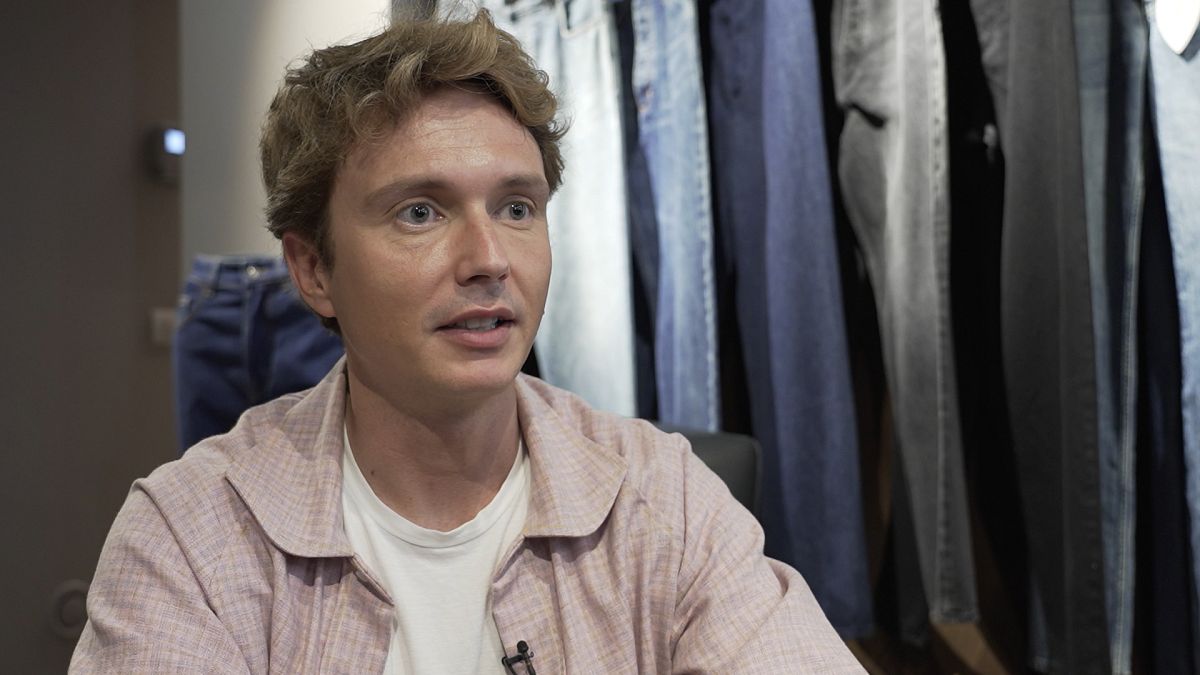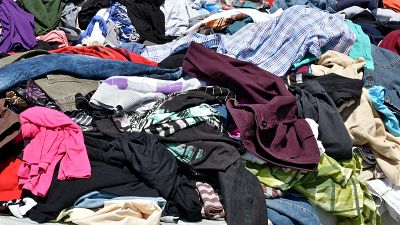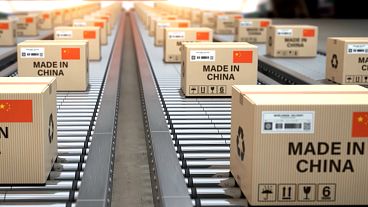Europe produces mountains of textile waste that is either burned, buried or shipped off to developing countries. A new European scheme aims to make producers responsible for the life-cycle of their products, while incentivising investment.
Defining what is rubbish, and what is not, when it comes to textiles is the aim of the European Commission's proposed new waste management rules encompassed in the Extended Producer Responsibility (EPR) scheme. This makes the producer - the brand - pay for the entire life cycle of their products, including the disposal. The more polluting an item, the more they pay. The money will go towards recycling facilities, and research into circularity.
The hope is a common set of rules will lead to investments in collection, sorting and other areas of the sector, as well as addressing the issue of shipping textile waste mislabelled as second hand clothes. The importance of the initiative is clear in terms of the sheer scale of Europe's textile waste problem. Every year a staggering 12.6 million tonnes of unwanted clothes and other fabric products are thrown out. Most is either burned or goes to landfill. Some is exported to devleoping countries to deal with, which just shifts the environmental impact from one part of the planet to another.
Incentivising waste management
The Extended Producer Responsibility scheme is giving hope to people like Matteo Ward, the CEO an co-founder of WRÅD, a sustainable design studio in Milan.
"I’m very optimistic, happy and enthusiastic about what the European Commission, the European Union is doing because this has been one of the deregulated markets in the history of the industry," he tells Business Planet.
"We just take all of this stuff and dump it in other parts of the world so this directive is actually asking for a ban on the exportation of textile waste in these amounts and these quantities to countries who are unable to process it, and to actually make real social value, economic value out of the 2nd hand clothing that is produced by our consumption habits over here," Matthew adds.
"And another aspect that the EU is focussing on is more investment into the actual technologioes that are needed for textile-to-textile recycling which are something that is still very far from reality in the world."



